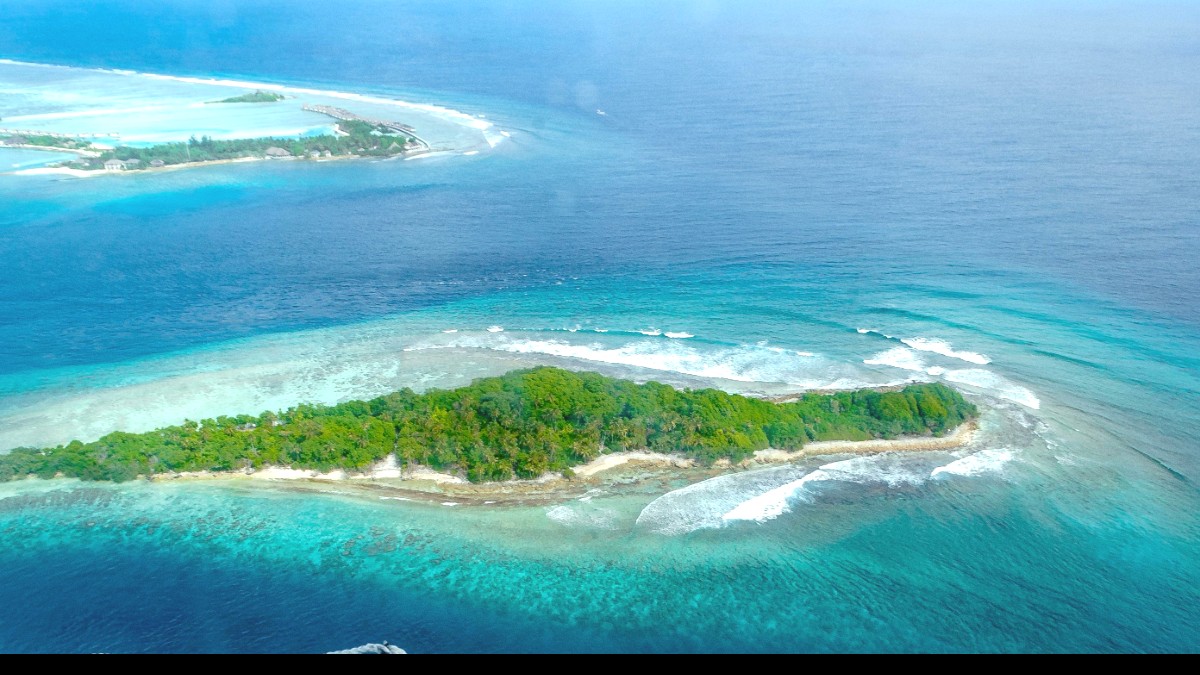
Schengen Area, EU/EEA/Swiss, and nationals from visa-exempt countries (including the US, Canada, Australia, NZ, UK, Japan, South Korea, Brazil) do not need a visa for stays up to 90 days. A valid passport is sufficient. Other nationalities typically need a visa, obtained from a French embassy or consulate. Specify Wallis and Futuna as your destination.
Required documents at arrival include a passport valid for six months beyond departure (with two blank pages), a return or onward ticket, proof of sufficient funds, accommodation proof, and your visa (if applicable). Entry fees are not typical for tourists. Customs declaration forms may be needed.
No general special permits are needed for typical tourist activities. Respect local traditions: seek permission from village chiefs (Chefs de District or Chefs de Villages) before visiting sacred sites, private lands, or local ceremonies. Your local guide or host can facilitate this.
A yellow fever vaccination certificate is needed if arriving from or transiting through countries with yellow fever transmission risk. Check the latest health regulations with your local French embassy or the French Ministry of Foreign Affairs before your trip, as requirements can change.
Often needed for serious conditions
Comprehensive travel insurance covering emergency medical treatment.
Trip cancellation, interruption, personal liability. Compare policies on World Nomads or SafetyWing.
Consult prior to travel
Consult a travel health clinic or your doctor weeks before travel for personalized advice (Hepatitis A, B, Typhoid commonly recommended).
Certificate needed if arriving from or transiting through risk countries.
Know these numbers
Medical emergencies: 15 (SAMU), Police: 17, Fire services: 18.
No other countries have resident embassies here. Contact the French Ministry of Foreign Affairs for assistance.
Mosquito-borne diseases like Dengue, Chikungunya, and Zika virus are present. Sunburn and heatstroke are risks due to high UV. Gastrointestinal issues can occur. Infections can develop quickly from cuts.
Medical facilities are very limited. Wallis Island has a small hospital (Centre Hospitalier de Sia). Futuna has a smaller medical center. For serious medical conditions, evacuation to New Caledonia or Australia is often needed.
Use tropical strength insect repellent and wear long sleeves.
Use high-SPF reef-safe sunscreen, wear hats, and stay hydrated.
Drink only bottled or purified water. Avoid ice made from unpurified water.
Eat freshly cooked food. Wash hands thoroughly.
Clean and disinfect cuts immediately. Carry a basic first aid kit.
Wallis and Futuna is a remote destination with limited tourism infrastructure, which shapes its cost.
Estimated daily costs for a budget traveler.
Estimated daily costs for a mid-range traveler.
This remote destination has specific health and safety considerations you should know.
Certificate is needed if arriving from/transiting through risk countries.
Consult travel health clinic for personalized advice (routine, Hepatitis A/B, Typhoid).
Highly advised; include emergency medical treatment and evacuation. Check World Nomads, SafetyWing, or Insubuy.
Prevention Strategies
Combat mosquito-borne illnesses with repellent and protective clothing. Avoid sunburn and heatstroke by using high-SPF sunscreen, wearing hats, and staying hydrated. Prevent gastrointestinal issues with bottled or purified water and by choosing safely prepared food.
Clean and disinfect any cuts or scrapes immediately with a basic First Aid Kit, as infections develop quickly in the tropics.
Access to healthcare is very limited; serious conditions often need evacuation.
Tap water is generally not safe for consumption by visitors. Rely on bottled water for drinking and brushing your teeth.
Exercise caution with street food. Opt for freshly cooked, hot food. Be careful with raw seafood unless its source is known and reputable. Wash your hands thoroughly before eating.
Consider LifeStraw Personal Water Filter or Water Purification Tablets if planning remote ventures.
Wallis and Futuna has a very low crime rate. Violent crime is rare. Petty crime, like opportunistic theft, is also uncommon but can occur. There are no specific "dangerous neighborhoods."
Contact information for various emergencies and official assistance.
Medical: 15 (SAMU), Police: 17, Fire: 18. Local authorities can assist with issues.
Contact the French Ministry of Foreign Affairs or nearest French diplomatic mission for assistance. No other countries have resident embassies here.
For flight delays or cancellations, AirHelp can assist with compensation claims.